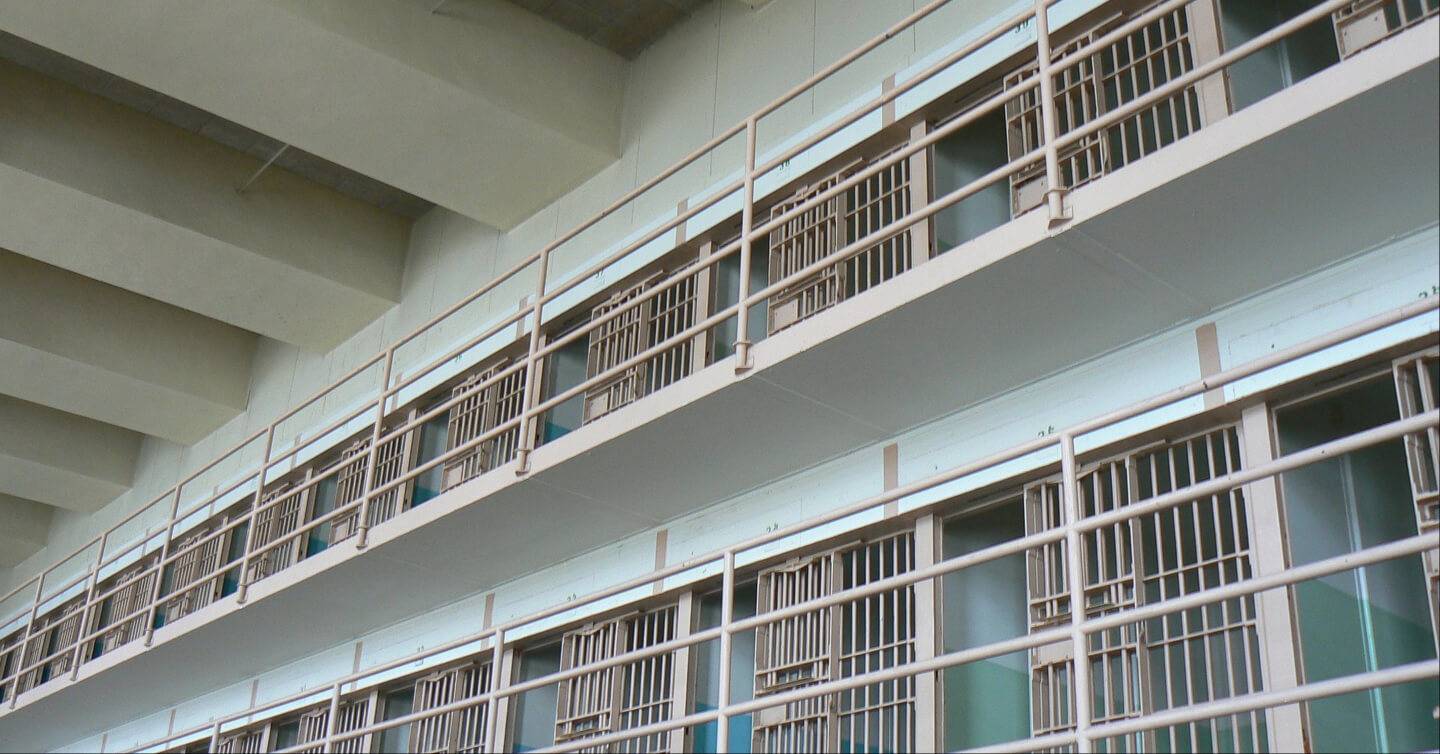
Drug Possession Penalties Depend on the Drug Classification
Approximately 1,155,610 individuals are arrested every year for drug law violations in the United States. However, 86.7% of these arrests are for possession of a controlled substance.
More importantly, possession of a controlled substance, especially in South Carolina, will have different penalties depending on the drug classification you are charged with. That is why if you or a loved one have found themselves in trouble for drug possession, continue to read the below post to learn more about the different drug possession penalties you may be facing.
Drug Regulation by State
Every state has regulations in place that prohibit the possession and use of a controlled substance. Or, in other words, drugs that are banned or regulated by the government. Yet, while these drug crime regulations vary state by state, most of these laws are based on the drug classification referred to in the federal Controlled Substances Act.
According to these laws, the government breaks down these controlled substances into five unique categories referred to as “Schedules,” which are represented by Roman numerals. However, each state also imposes different penalties based on the type of drug and the amount in possession. Plus, South Carolina also classifies these drugs based on the substances used in making these illegal drugs.
Drug Classifications
In South Carolina, there are five schedules for classifying controlled dangerous substances. Yet, while it is legal to have some of these drugs, it is only in circumstances when individuals have a valid prescription from a doctor.
These different Schedules include the following:
- Schedule I: Drugs with no accepted medical use and a very high potential for abuse. (Heroin, LSD, Cannabis, Peyote)
- Schedule II: Drugs with a high potential for abuse that can lead to severe psychological or physical dependence. (Cocaine, Methadone, methamphetamine, Adderall, Ritalin)
- Schedule III: Drugs with moderate to low potential for physical and cognitive dependence. (Codeine, Ketamine, Testosterone)
- Schedule IV: Drugs with low potential for abuse and a low risk of addiction. (Xanax, Valium)
- Schedule V: Drugs and chemicals that have a lower potential for abuse and usually consist of preparations of limited quantities of certain narcotics. (Lyrica, Motofen)
However, it is also important to point out that this list does not indicate every type of drug that can fit into these schedules. That is why it is always important to check the regulations regarding what Schedule a drug will fit into. Or, if you cannot find the answer you are looking for, it may also be in your best interest to reach out to an experienced criminal defense lawyer. These legal professionals can review these laws and figure out what charges you may be facing.
Schedule I and II Narcotics
As mentioned above, Schedule I and II narcotics involve drugs with a high potential for abuse, including lysergic acid diethylamide (LSD) and heroin.
Generally, possessing one of these narcotics is considered a misdemeanor, and penalties typically include the following:
- First Offense: A fine of up to $5,000, up to two years in prison, or both punishments.
- Second Offense: A second offense is generally considered a felony, and as a result, individuals can be looking at fines up to $5,000, up to five years in prison, or both.
- Third Offenses or Subsequent Offenses: These offenses result in fines up to $10,000 or up to five years in prison or both punishments.
Schedule I, II, III, IV, or V
If you are found in possession of any other Schedule I, II, III, IV, or V controlled substance, you may be looking at a misdemeanor charge, except for cocaine.
And according to South Carolina laws, penalties usually include the following:
- First Offense: A fine of up to $1,000, up to six months of jail time, or both punishments.
- Second Offense or Subsequent Offenses: A second or subsequent offense will usually result in a fine of up to $2,000, up to one year of jail time, or both.
Cocaine Possession
If you are found to be in possession of cocaine, you can be looking at significant drug charges and harsh penalties. According to the SC Code, these penalties include:
- First Offense: While a first offense is considered a misdemeanor, you can still be looking at fines up to $5,000, up to three years in prison, or both.
- Second Offense: A second offense, on the other hand, is a felony and generally results in a fine of up to $7,500, up to five years in prison, or both.
- Third Offense and Subsequent Offenses: These drug charges usually result in fines of up to $12,500, up to ten years in prison, or both.
Plus, if you are found to be in possession of more than one gram of cocaine, the court will likely presume you had an intent to sell, which will result in more severe fines and penalties.
Drug Possession Penalties
Drug possession convictions can result in periods of incarceration and significant penalties that can forever change your life. And unfortunately, feigning ignorance will not be a good excuse to get out of these punishments.
For instance, many people that travel from a state that allows possession of marijuana may assume that it is legal to have it in South Carolina. However, SC weed laws do not allow recreational, or medical marijuana use. Even if you have a valid prescription from another state, if you are caught, you can be looking at several issues, including possession charges and a criminal record.
As a result, if you are facing drug charges for drug possession, do not wait any longer to get the legal advice you need. Instead, reach out to an experienced criminal defense lawyer today. These lawyers can review the facts of your case, explain your legal options and what criminal charges you may be going up against, and help fight for your rights.